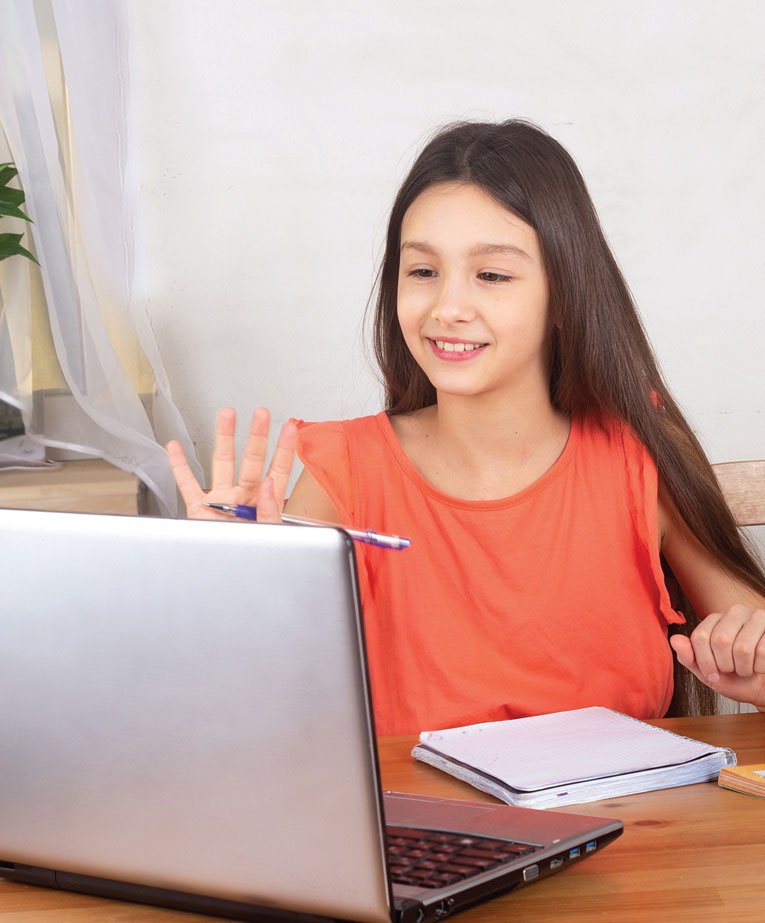
Educating in the times of COVID 19
- bey0ndM@gz!ne
- August 6, 2020
- Default, Education
- 0 Comments
 Schooling has faced an unusually difficult period since January of this year. The learning community, as a whole, has gone through a strange time, and I’d like to THANK all the teachers in Hong Kong, and around the world. Each one of you has persevered in this challenging time, and you can’t be thanked enough for your service.
Schooling has faced an unusually difficult period since January of this year. The learning community, as a whole, has gone through a strange time, and I’d like to THANK all the teachers in Hong Kong, and around the world. Each one of you has persevered in this challenging time, and you can’t be thanked enough for your service.
As an enrichment specialist and tutor, I have faced challenging times myself during the last few months. We are relatively lucky in Hong Kong to have many schools providing good online education for students. Some schools were quick to organize via facetime classes, uploaded videos and homework, online proctored tests, open-book tests etc. Others found their groove eventually (anecdotally it seems). For younger kids, home-schooling was more challenging for parents, especially for those working full time. While kids were a little confused and thrilled to not go to school (and happy about getting to see their parents at home a lot more), parents were equally baffled as to how to keep them gainfully
occupied.
It’s during this time in February that I started checking in on the students I tutor, reaching out to see if they were doing ok. Since my kids faced learning challenges in the early days with online schooling, I figured the children I taught were probably in the same boat. These calls were more of an “are you ok” call, letting them know I was here to help if they were stuck with schoolwork.
To rewind my life a little, this was a flashback, and de ja vu to the days after 9/11, Sandy (the once in a lifetime (one hopes!) hurricane that hit New Jersey and Eastern board of US Coast in October 2012). The first thing folks did after both disasters, was to take care of their families, secure their homes/dwellings best as possible, then call around and check in on their personal and professional contacts, colleagues and clients. It was a way of confirming everyone was ok, asking how they were taking care of themselves and their families, and letting everyone know you were there to help if anyone needed it.
The check-in calls provided some relief to know that everyone I knew was safe. The days after Chinese New Year 2020 definitely felt like we were all getting back up, dusting off the pants and trying to start back up.
The good thing that came out of these check-in calls with students was that some of them did reach out and ask for help with concepts, summative and formative prep reviews. Many were struggling to retain what they had learnt in school and adjusting to online schooling. I soon realized that at this particular time, education was less about enrichment and more about ensuring the children were able to cope with school work. I was mainly filling in where parents could not help. Instead of enrichment, I switched to reinforcing what they had already learnt. I relied heavily on online sources and kept flexible work hours as my students were attending classes from Australia, Europe, India and Hong Kong.
Screen and work-sharing capabilities of zoom, google drive, WhatsApp became paramount. Sites with online curriculums, applications and practice like www.ixl.com, Englishforeveryone.org and Khan Academy became a God send. What I also learnt, is that there are students who thrive in self-learning environments, and there are those who struggle with not being able to study directly with a teacher. Some students need close scaffolding, while some are independent learners. Then some students do cope better and prefer the comfort of their homes, chowing down on a snack as they study online. Focus is key either way.
Online school is not perfect. It’s harder to provide real-time help, especially for new topics and concepts, and as the months went by and school closures were extended, I saw motivation waning in the best of them. Online schooling provided the students with some ability to interact with their friends and feel less isolated from their school “family”, but it still wasn’t the same.
The toughest months were March and April. Kids are not immune to what is going on around them. Stress levels were high in Hong Kong and around the world, and children picked up on it. Instead of avoiding the topic, I would try to throw in real-life examples in my teaching like ‘rate of growth of infections’ or allude to something in the news we could talk about. My writing topics included ‘getting to know your parents’, using the lockdown and quarantine time as an opportunity for children to understand their families better. I tried to keep it interesting and relevant for the children.
Breaks and downtime in lockdown/self or mandatory quarantine was a precious learning time for life skills. Whether that included chatting with friends, building Lego, playing chess, online gaming, social media, card and board games, it was all a welcome break from the overscheduled life of kids with after school activities. Busy parents also used this time to catch up on TV shows, exercise, to do art and to teach their children some real-life skills such as grocery shopping, cooking, etc.
When we look back in life, this period will be forever etched in all our minds. Learning didn’t just happen through school work, but also through other mundane activities and family time. It didn’t just happen through assignments, but in figuring out how to do the assignments independently without having access to your teacher. From my perspective, every day during Covid 19 has been an education for life! For the students we teach, and for us.
We still do not know for sure if schools will be physically open after the summer holidays. It makes me think that for the foreseeable future, especially in some countries, life will likely be full of quarantines, with dangers of flu seasons, and people will practice a general level of heightened caution. I think online learning will be here to stay for a bit – it isn’t going away soon. It’s best to embrace it and to learn how to focus and pace yourself with it. It’s a tool and like all tools, has its pros and cons. We need to use it to our best advantage. We need to find ways to balance out necessary screen time with other non-screen related activities. If nothing else education in times of Covid has taken on new meaning – getting acquainted with our families, with ourselves, staying healthy, and discovering new ways of learning.




